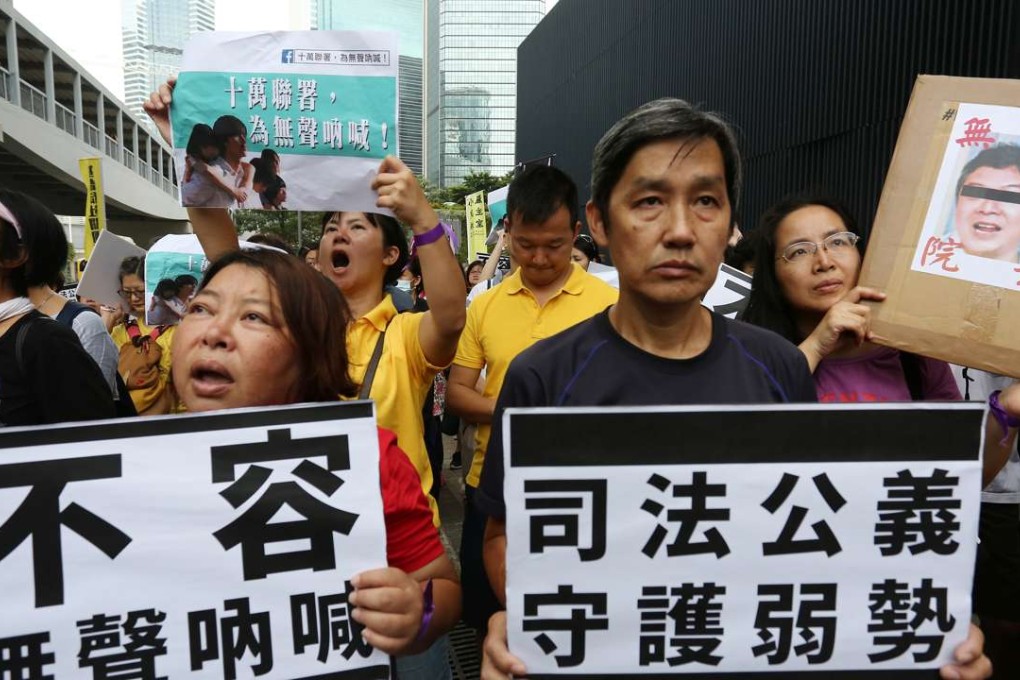Opinion | Hong Kong must ensure equal access to justice for the mentally disabled
Recent allegations reveal how vulnerable people living in care homes can all too easily be exploited and face too many obstacles when seeking legal redress

There has been evidence that people with mental or intellectual disabilities are more likely to be subjected to sexual abuse and violence. And to get justice done, they often face more barriers than others.
Their disabilities may make it difficult for them to recall facts, describe what happened and communicate with others, and that does not include the huge psychological stress victims experience in such a situation. Others’ insensitivity, disbelief, stereotyping and dismissive attitudesare also hindering factors. In some instances, the defence takes advantage of this to challenge the credibility of the victim’s testimony.
The aim should be to uphold the right to equality and the right to fair legal proceedings, and to serve justice
The victim is trapped in a dire situation if the crime took place within a relationship of dependence when trust was abused. There have been reports that institutionalised people with mental and intellectual disabilities are more susceptible to such exploitation. Those in poorly regulated and sub-standard homes face even worse situations.
To make the justice system more accessible for the disabled, a cross-sector, comprehensive, problem-solving approach is needed. The aim should be to uphold the right to equality and the right to fair legal proceedings, and to serve justice.
Such an approach calls for a review and reform of the laws concerning vulnerable witnesses and supporting services.
The UN Convention on the Rights of Persons with Disabilities, to which Hong Kong is a signatory, offers inspiration and guidance. It demands that the dignity and equal personhood of those with disabilities be recognised and respected.

